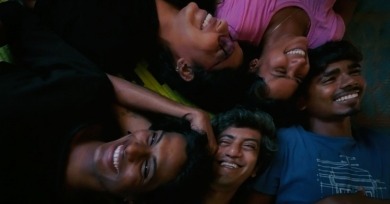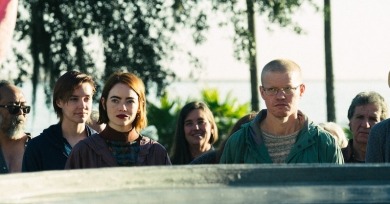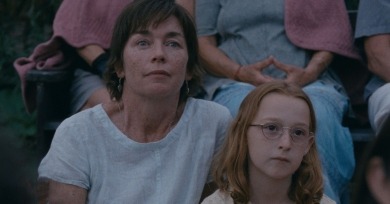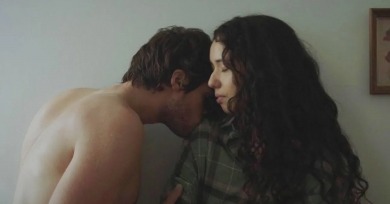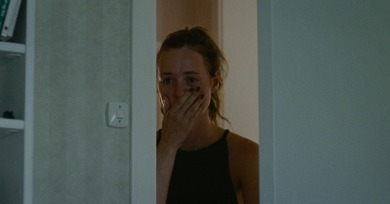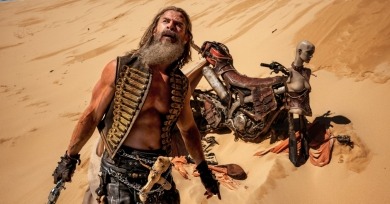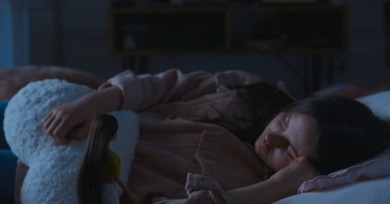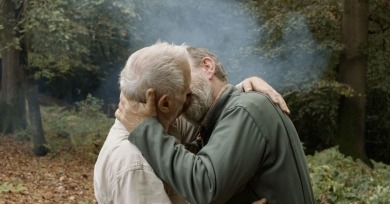Reviews
No longer confined to their home countries, its characters practically teleport between locations, their paths crisscrossing in ways that quickly become impossible to track. Across the runtime, individuals relate dreams, hallucinations, and memories of things that we’ve already seen or will see.
You do not need to know that the filmmaker was inspired by the story of Oedipus to pick up on the evocation of this power of tragedy, or the setting in a heightened, mythic Greece. The film has an elemental strangeness that feels close to the world that ancient tragedy depicts: we see a forest, we see water, we see blood.
Kinds of Kindness presents us with a world of women living at the mercy of petty men. But the men don’t seem to know what they’re doing either. There’s a childlike nature to all the male characters, driven by the desire to get what they want and be respected in order to keep their egos intact.
Last Summer is not so much a provocation or the immersion in perversion that those who know only of the logline and Breillat’s career might be led to believe. This is a master class in emotional precision.
Lacey is our observer, but we sense that she does not really want to be. She tries to penetrate her mother’s sadness, but remains outside the adult world of her lovers and friends, pains and longings.
What distinguishes the film from a slew of other indie dramas, though, is how this conflict unfolds not just in spoken dialogue, but in the creak of the floorboards, muffled conversation through thin walls, the hum of the radiator.
Eschewing traditional methods of exposition like dialogue and voiceover, Hvistendahl reveals character relationships and plot primarily through meticulous attention to audio and visual details.
Forgoing any touristic impulse, Patiño takes his cues from filmmakers such as Peter Hutton and especially Mark LaPore, charting not only the people and places before him but also his fundamental distance from those environments.
What a pleasure to watch a movie without a guilty conscience. What a relief to get to enjoy what everyone knows: movies create us, in our own fantasies and other peoples’, in our behaviors and expectations, in our public selves and erotic drives.
It is remarkable how many common prequel issues Miller and co-writer Nick Lathouris are content to sidestep entirely. Furiosa has almost no meta-shibboleth winks to fans or superfluous cameos.
In placing us so fully within the complexities of the COVID-era present, Coma reveals our very inability to unify it in thought.
In Our Day sets two unconnected, rhyming narratives against each other for scrutiny—like looking at two paint samples from the same spectrum side by side and parsing the differences.
Creton builds his characters up from the outside; they lack a real sense of interiority. Where A Prince thrives is in its lush cinematography, inviting the audience into cozy, well-worn interiors and verdant, rich landscapes.

